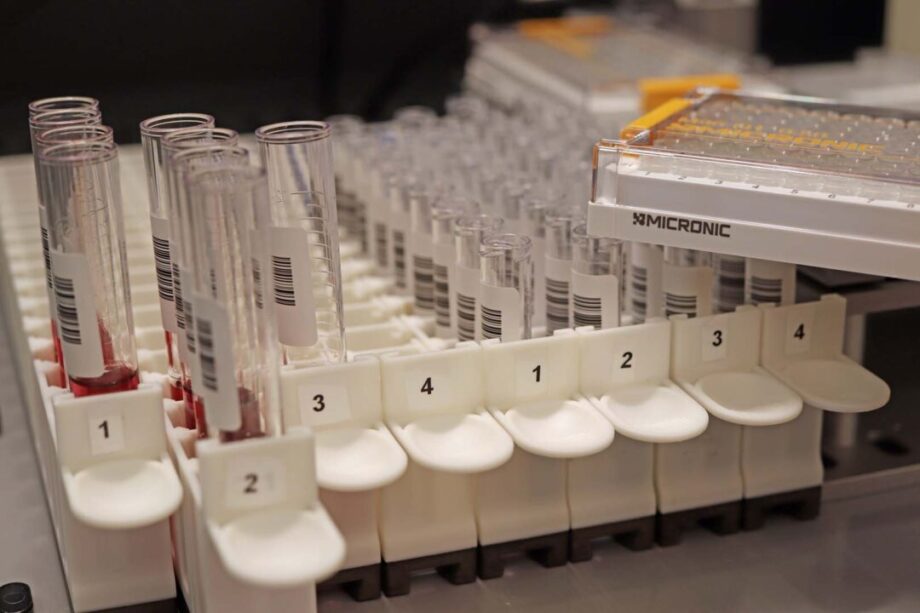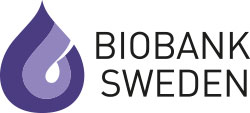
The Swedish multicentre principle comes to an end
The Swedish principle for multicentre studies involving biobank samples, came to an end in July due to the new Swedish Biobank Act. The multicentre principle was originally developed by Biobank Sweden to match the requirements in the former Swedish Biobank Act (2002:297).
In 2003, when the first Swedish Biobank Act came into force, the national multicentre principle was created by Biobank Sweden to simplify the task of managing biobank agreements for multicentre studies. The principle was used when newly collected samples were released from several biobanks (within a region or county council) in Sweden for the same study.
The Multicentre principle specifically addressed a requirement in the former Swedish Biobank Act (2002:297), which stated that all samples collected for research within a healthcare provider’s organization first must be established in a healthcare provider’s biobank.
The multicentre principle becomes irrelevant
Due to the new Swedish Biobank Act (2023:38) and the changes that follows with it, the multicentre principle becomes irrelevant and will therefore not be used after July 1, 2023. This will result in a simpler administration for biobanks and fewer steps for researchers and companies looking to apply for samples from multiple Swedish biobanks. In other words, it will still be possible to collect newly collected samples from different Swedish biobanks but without the extra paperwork that comes with the multicentre principle. Important to note is that any new multicentre studies after July 1st, involving biobank samples, need to have a biobank which is clearly responsible for the samples in the specific study.
Will it still be possible to use the multicentre principle for new studies?
No. After July 1, 2023, the multicentre principle can only be used for amendments to current agreements of on-going studies.
Regarding alteration of agreements already established according to the multicentre principle, amendments can be made for on-going studies by using the following documents:
- form N2 for research regulated by the Ethical Review Act
- form T1 or T1a for clinical trials and performance studies regulated by one of the EU regulations CTR, MDR or IVDR.
Which forms will be needed in the future when newly collected samples are to be collected?
All newly collected samples must still be established in a Swedish biobank but is not required to be within a health care provider’s biobank.
If samples are collected within the Swedish regions, an agreement is always needed where it clearly states who is the responsible biobank principal. If a region’s biobank is to be responsible biobank principal, the biobank always needs to be contacted at an early stage so that an agreement can be established. This is because the region might otherwise become responsible biobank for samples collected within their organisation since biobank samples always need to be establish in a biobank.
If newly collected samples are to be collected in more than one region and established in one biobank, the form L7 (for research regulated by the Ethical Review Act) or the form T7a (for clinical trials and performance studies regulated by one of the EU regulations CTR, MDR or IVDR should be used to notify the concerned regions that another biobank has taken the responsibility for samples collected in the concerned region’s organization.
The samples are registered in the biobank after a decision by the biobank custodian. If samples are to be registered at a region’s biobank, the form L1.1 is to be used for research regulated by the Ethical Review Act and T1.1 for clinical trials and performance studies regulated by one of the EU regulations CTR, MDR or IVDR. If samples will be established in a non-regional biobank, the sample collection will be established in the biobank according to the organisation’s routines.
For new agreements, use the forms available at biobanksverige.se/dokument



